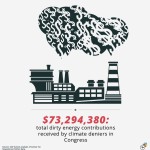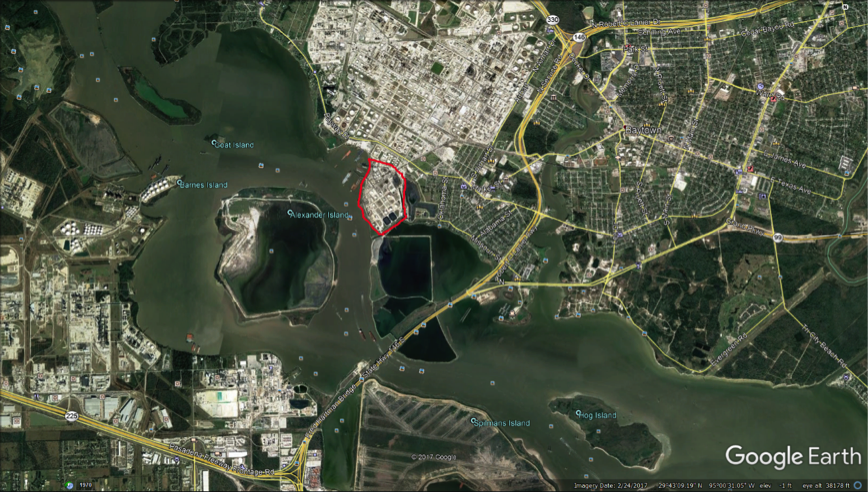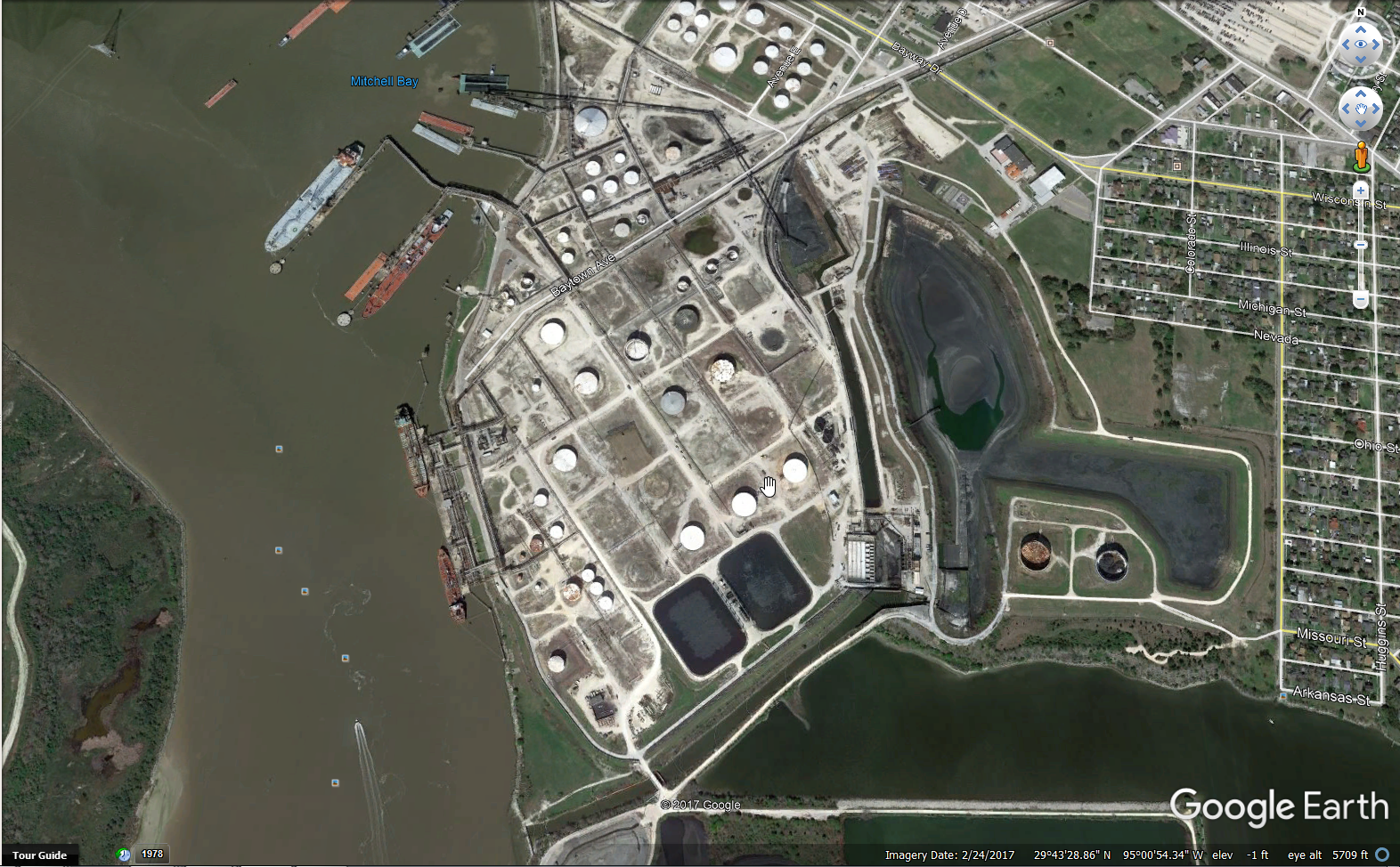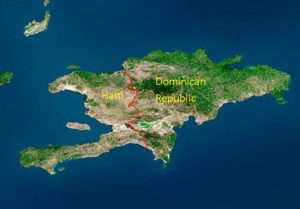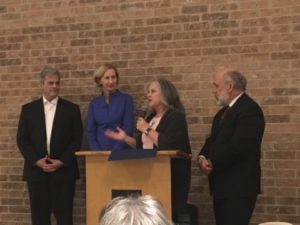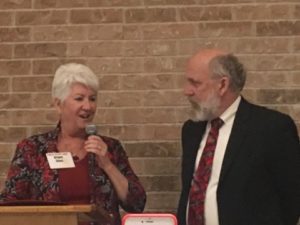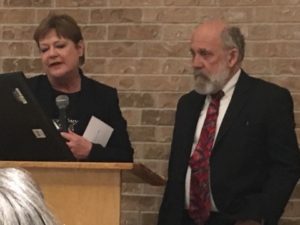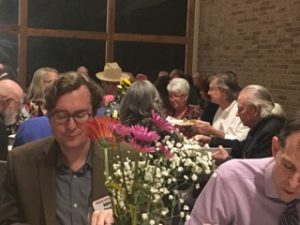
UPDATE: By 10 am this morning, the Sunset Commission had already voted on the recommendations they were going to adopt for the report to the legislature.
All the STAFF good enforcement recommendations were adopted, and the recommendation (proposed by the Public Member on the Commisson, Allen West) on induced seismicity was adopted.
The name change recommendation was dropped as we heard it would be, as were the transfer of contested cases to the State Office of Administrative Hearings (SOAH). The new issue proposed by Rep. Raymond, calling for bonding for cleaning up abandoned wells at the last hearing fell by the wayside. Raymond did not even bring up his proposals.
The things we do support on enforcement will be in the bill when it’s introduced during the 85th Legislative session, but we expect that it may be a fight to keep them in.
Thursday, November 10th, the Texas Sunset Commission will meet to vote on recommendations to the 85th Legislature regarding the future of the Texas Railroad Commission. Three times the Legislature has failed to pass a bill reauthorizing and making changes to this agency.
We are asking that you contact the Sunset Commissioners and tell them to support staff recommendations plus Raymond and West’s new issues as outlined below. For Sunset Commissioners’ contact information, click here. or contact your state rep and state senator to urge the Sunset Commission to support these recommendations. Find out who represents you here.
A coalition of environmental groups, including Public Citizen, have been following the Sunset review of the Railroad Commission and they are in agreement about supporting staff recommendations and new issues raised by Texas Sunset Commission Members – Representatives Dan Flynn, Richard Peña Raymond, and public member LTC (Ret.) Allen B. West – to increase transparency, improve safeguards and protect the public. It is time for more than a name change on failed agency!
For a full version of the recommendations click here.
Issue 1 – Continue the Railroad Commission of Texas for 12 Years with a Name That Reflects the Agency’s Important Functions. (Page 11)
Change in Statute
Rec. 1.1 (Page 17) Change the name of the Railroad Commission of Texas to the Texas Energy Resources Commission and continue the agency for 12 years.
We support this change. On the eve of another election where most voters had no idea what the Railroad Commission does, and where industry supplied some 70 percent of the funding to those running, changing the name is a needed first step. We also believe that the Commission should only be continued for 6 years.
Issue 2 – Contested Hearings and Gas Utility Oversight Are Not Core Commission Functions and Should Be Transferred to Other Agencies to Promote Efficiency, Effectiveness, Transparency, and Fairness. (Page 19)
Representative Raymond Proposed Modification
Under this modification to Recommendations 2.1, 2.2, and 2.3, the Commission would contract with the State Office of Administrative Hearings (SOAH) to conduct the Commission’s hearings for contested permit and enforcement cases and Gas Utility Oversight would be transferred to the Public Utility Commission (PUC), with potential to contest the rates at SOAH. In conducting hearings, the PUC and SOAH would consider the Commission’s applicable substantive rules and policies.
We are in full support of Issue 2 and the transfer of these functions from RRC to SOAH and PUC, but do agree that the applicable rules and policies related to these issues should be considered in that transfer, as recommended by Representative Raymond.
Issue 3 – Oil and Gas Monitoring and Enforcement Need Improvements to Effectively Ensure Public Safety and Environmental Protection.
Rep. Flynn Modification: Also direct the agency to provide oil and gas production information on its website in a format that is easier for royalty owners to use and understand.
We Support these Sunset Staff recommendations on Enforcement, as well as Rep. Flynn’s proposed modification.
Issue 4 – Insufficient and Inequitable Statutory Bonding Requirements Contribute to the Large Backlog of Abandoned Wells. (Page 43)
We support this change to assure that oil and gas wells pay their fair share in upfront bonding costs.
Issue 5 – Improved Oversight of Texas’ Pipeline Infrastructure Would Help Further Ensure Public Safety. (Page 51)
We support these proposed statutory and appropriations modifications.
Issue 6 – The Railroad Commission’s Contracting Procedures Are Improving, but Continued Attention Is Needed. (Page 55)
We support these proposed management actions.
Issue 7 – The Railroad Commission’s Statute Does Not Reflect Standard Elements of Sunset Reviews. (Page 59)
We support these proposed changes.
Proposed New Issues
Vice Chair Taylor Proposed New Issue 1
Direct the Railroad Commission to study, develop, and implement ways to clean up and revive old oil fields for secondary and tertiary recovery using either the unitization method or other legal means which the Commission may develop or recommend. As part of this recommendation, the Railroad Commission shall consult with the Bureau of Economic Geology. (Management action — nonstatutory)
We have not taken a position on this recommendation.
Colonel West Proposed New Issue 2
Direct the Railroad Commission to incorporate findings from the TexNet Seismic Monitoring Program at UT’s Bureau of Economic Geology as they become available into its oil and gas disposal well rules or guidance, as applicable. The rules should seek to prevent any induced seismicity caused by disposal wells. (Management action — nonstatutory)
We are in full support. Utilizing the information that is being collected to develop more protective rules and procedures makes sense.
Representative Raymond Proposed New Issue 3
Amend RRC’s statute to require the agency to publish comprehensive oil and gas enforcement data (complaints, inspections, violations, enforcement actions taken, and penalties levied/collected) online, in a publicly accessible, searchable, trackable format. Make data available by operator and on a well-by-well basis and by bulk download.
We are in full support of this recommendation. We would note this could also be accomplished as a management action by direction of the Director to publish this information on-line.
Representative Raymond Proposed New Issue 4
Management recommendation to direct RRC to: review all relevant rules on spill reporting and response, and make changes to increase environmental protection and cleanup during flooding, such as specifying time frames for responding to spills; clarify its rules, so that both oil and gas spills and other spills like brine, produced water, or fracking fluid are also reported, tracked, and cleaned up; and report these spills and the results of any cleanup effort in an accessible way, either directly on its website or by sharing the information with TCEQ as part of its joint work on spills. (Management action — nonstatutory)
We are in full support. This is considerable confusion about reporting and clean-up requirements, particularly in the event of floods.
Representative Raymond Proposed New Issue 5
Amend Chapter 26 of the Texas Water Code to require operators that treat “domestic wastewater” or “mobile drinking water treatment system wastewater” at oil and gas well drill sites to obtain a permit from TCEQ instead of RRC.
We are in support. TCEQ is the appropriate agency to assure water is cleaned up to the appropriate level.
Representative Raymond Proposed New Issue 6
Improve inspection, regulation, and reporting of injection wells by: either removing the specific permit fee amount in Chapter 27, allowing the Commission to set a more reasonable amount, or raising it to $1,000 (Change in statute); requiring RRC to require monthly reporting of liquid injection in all disposal wells and make the information publicly accessible (Change in statute); and directing RRC to conduct a comprehensive review of its rules and programs regarding oil and gas disposal wells, and consider changes related to casing and cementing, aquifer exemptions, notice and public participation, seismic activity, and wastewater reporting and tracking. (Management action — nonstatutory)
We are in support of both the management and statutory changes. Permit fees for disposal wells are too low and the rules should be reexamined to assure proper notice, and proper safeguards.
Read Full Post »
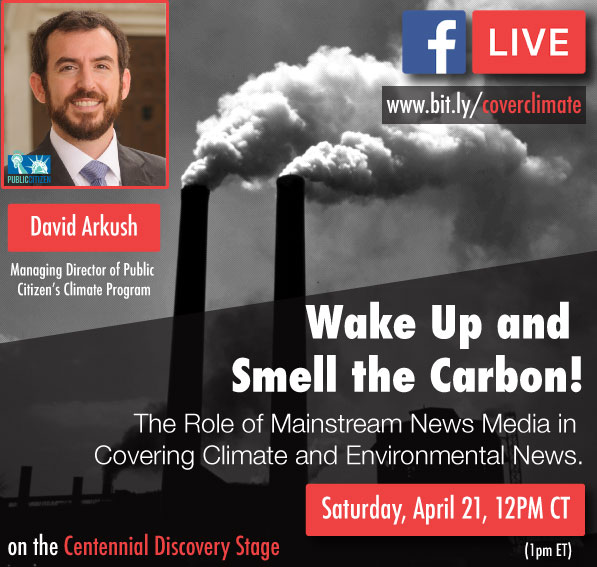


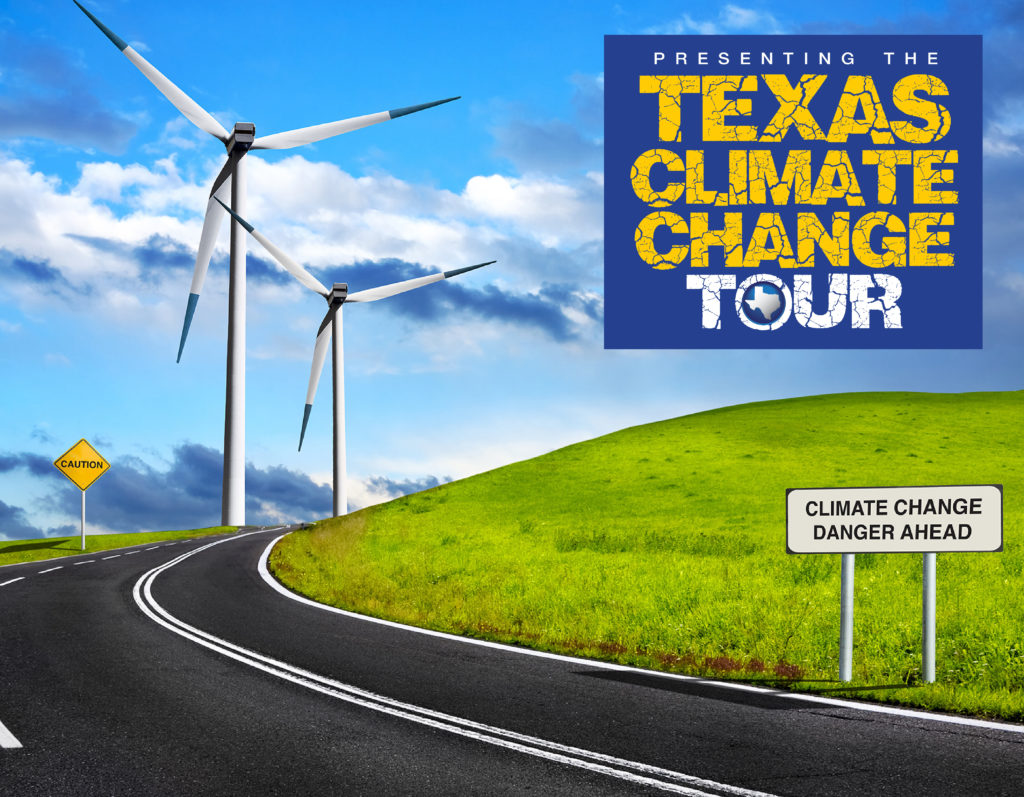

 Last week, people gathered at the University of the Incarnate Word in San Antonio to learn about the science of climate change and local climate action planning. The event was attended by students and other community members who are eager for climate action.
Last week, people gathered at the University of the Incarnate Word in San Antonio to learn about the science of climate change and local climate action planning. The event was attended by students and other community members who are eager for climate action. Climate change is happening – now, and Texas is already experiencing more climate disasters than any other state – from historic drought and raging wildfires to historic inland flooding and the devastating wind and rain from Hurricane Harvey. These events are costing us in lost lives, destroyed homes, increased pollution, business and infrastructure and lost economic opportunity. Climate scientist and
Climate change is happening – now, and Texas is already experiencing more climate disasters than any other state – from historic drought and raging wildfires to historic inland flooding and the devastating wind and rain from Hurricane Harvey. These events are costing us in lost lives, destroyed homes, increased pollution, business and infrastructure and lost economic opportunity. Climate scientist and 

 With our communities under assault from the effects of climate change, it can be easy to get discouraged or even depressed, but
With our communities under assault from the effects of climate change, it can be easy to get discouraged or even depressed, but 

